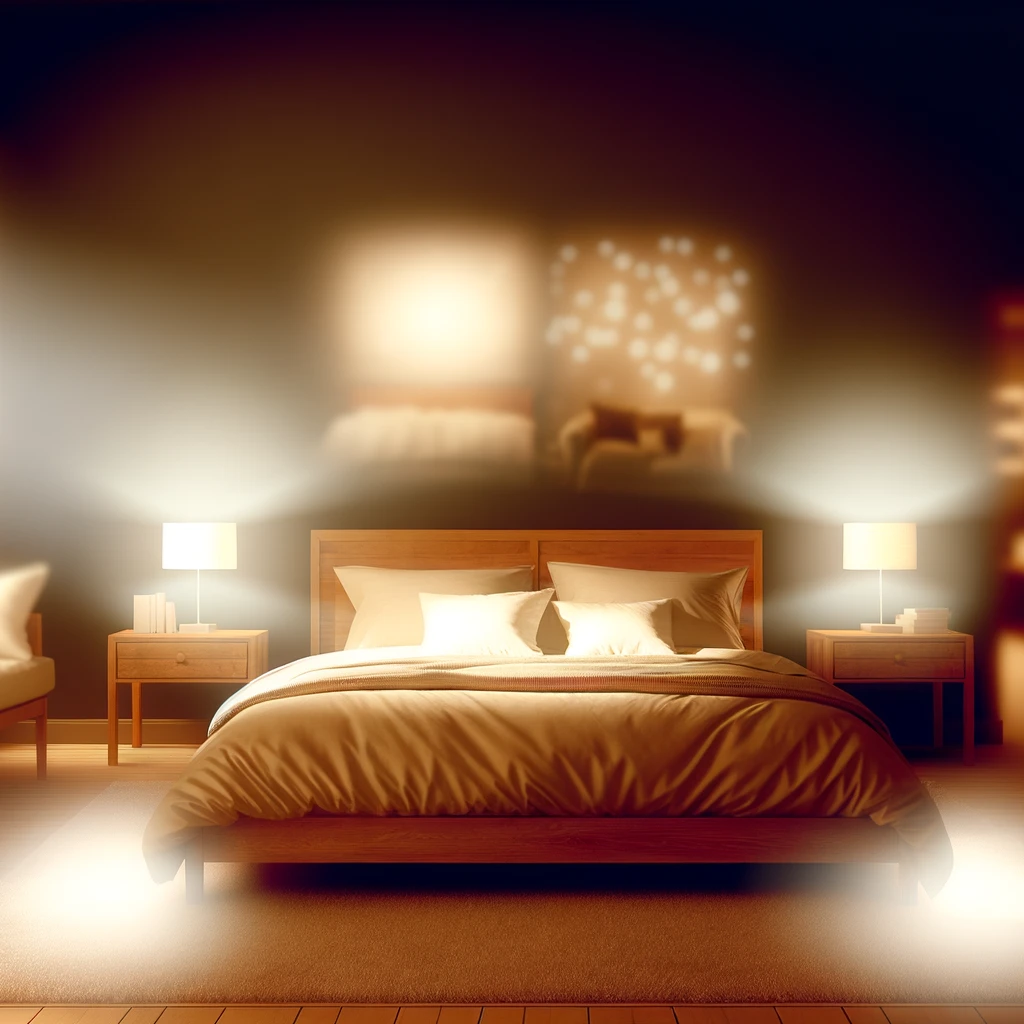Related Articles











In today's fast-paced world, sleep disorders and insomnia are increasingly common. Many people turn to sleep aids in hopes of achieving a restful night. However, the effectiveness of these aids can vary significantly. This article will explore the realm of sleep aids, helping you understand what works and what doesn't.
Prescription medications, such as benzodiazepines and non-benzodiazepine sedative-hypnotics, are commonly prescribed for severe insomnia. These drugs can be effective for short-term use but often come with side effects, including dependency and withdrawal symptoms.
OTC sleep aids typically contain antihistamines, which induce drowsiness. While they are easily accessible, their effectiveness is debated, and they may cause next-day drowsiness.
Many people prefer natural remedies like melatonin, valerian root, or chamomile. Although these are generally considered safe, their effectiveness varies, and scientific evidence is limited.
Understanding scientific research is crucial when evaluating sleep aids. Studies indicate mixed results, with some substances showing promising results and others proving less effective.
Individual experiences can provide insight into the effectiveness of sleep aids. However, personal stories should be considered alongside scientific research for a balanced view.
While sleep aids can be beneficial, they are not without risks. Dependency, tolerance, and side effects such as dizziness, dry mouth, and gastrointestinal issues are common. It is essential to consult a healthcare professional before starting any sleep aid regimen.
CBT-I is a highly effective, non-pharmacological treatment for insomnia that focuses on changing sleep habits and misconceptions about sleep.
Improving sleep hygiene, such as maintaining a consistent sleep schedule, creating a restful environment, and avoiding stimulants, can significantly enhance sleep quality.
Navigating the world of sleep aids requires a thoughtful approach. While some may find relief with these aids, others may benefit more from alternative treatments. Consulting with a healthcare professional is advisable to determine the most suitable approach for improving sleep.